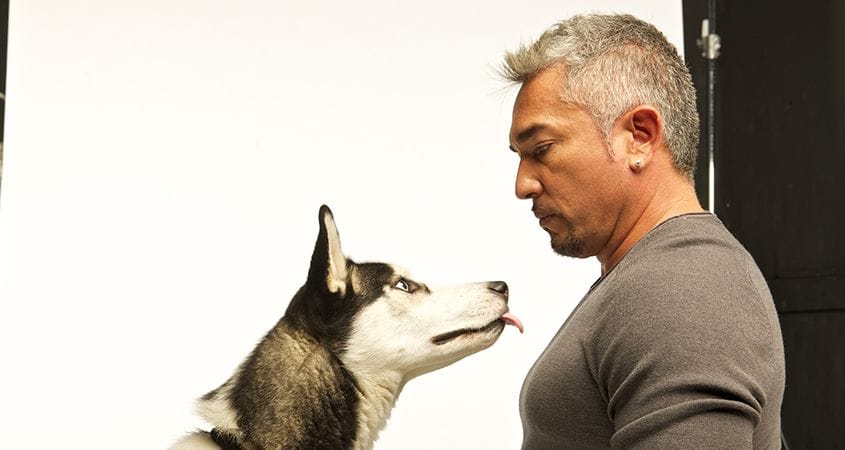There’s a weather phenomenon that happens in Southern California this time every year called “June Gloom.” It will be cool and cloudy or foggy in the morning then get sunny and warm in the afternoon, with the cooler temperatures returning in the evening.
If you live here and you’re prepared for a 20 degree change in temperature, then it’s not a problem — wear short sleeves and a sweater in the morning, and you’re all set. But you can spot tourists because of it: bundled up for a cold day in the morning and sweating in the afternoon, or dressed for summer weather in the afternoon and freezing by the evening.
Fortunately, humans have weather reports so we don’t have to be caught by surprise. Dogs are not so lucky.
It’s not the weather that’s a problem for dogs, though. They just deal with whatever comes along. What really confuses them and makes them neurotic, is when their humans act like the weather in L.A. in June.
It’s not the changeability that’s the problem, though. If you’re not a morning person, then you may be very low energy first thing in the day, then a lot more energetic and perky after your first cup of coffee. That’s a big change, but if you do it every day your dog will know to expect it and will even figure out that you go from sluggish to perky not long after you play around with all those strange objects in the kitchen and drink.
Actions and Body Language Communicate
When our changes of mood or behavior are associated with consistent actions, we are giving our dog a weather report. The blue baseball cap means you’ll be back very soon, but the piece of cloth around your neck means you’ll be gone all day. If you throw your keys down when you come home, you’re not in a happy mood. If you put them down gently, it’s playtime!
A lot of these actions are really beyond our control because we either have to do them or don’t realize we are. We tend to dress a particular way and do things at certain times before we go to work, for example, and we carry ourselves with a certain body language and energy depending on our mood. Dogs are great at associating one with the other and then anticipating what’s going to happen.
And then we throw a wrench into it when something we do is inconsistent with something we’ve done. We’ve told our dog to expect it to be sunny the rest of the day, but then we make it rain.
Stick To A Schedule
One of the biggest ways we do this is to not have a regular, consistent schedule. While dogs can’t read a clock, they do have a really good sense of time, which you’ve probably noticed if you’ve ever had your dog wake you up when you slept in or appear anxiously at your side when you usually take her for a walk. This schedule doesn’t have to be planned down to the minute, but should generally be within thirty minutes either way every day.
It’s all right to have a different schedule for the weekends or days off, but it just has to be consistent in its own way, because dogs seem to be able to count days as well.
Does this mean that you should have a completely rigid schedule and never do anything differently? Of course not. Things happen. We have holidays and vacations, and may go out in the evening unpredictably.
The important part is to not make a big production out of the differences. Do everything normally, then just leave quietly. If it’s the evening, chances are your dog will just wander off to his bed or crate and go to sleep because you haven’t done anything to draw attention to the moment and he probably would have been about to go to bed anyway.
The weather can be unpredictable and inconsistent, but we don’t have to be. Your dog will appreciate it when the same actions mean the same outcomes in the same order at the same times and they aren’t left unprepared like tourists in Southern California. Regularity and consistency help to give you a calm, balanced dog.
Stay calm, and stay on schedule!











